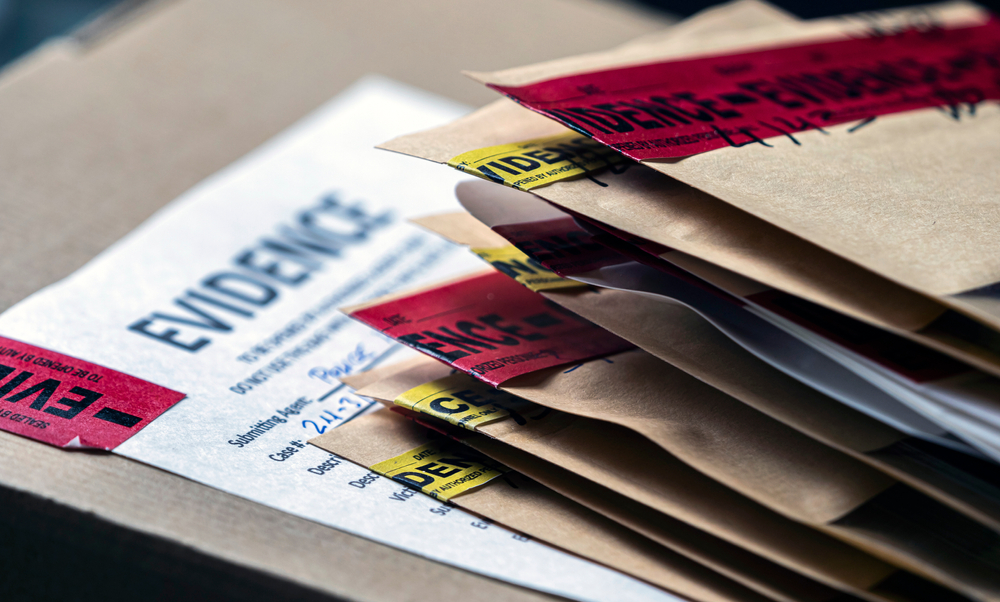This webinar was tailored for professionals in wrongful conviction attorney roles and conviction integrity units. It provided a peer-to-peer overview of forensic DNA analysis, encompassing topics such as DNA biology, the forensic DNA process, considerations for case reviews, and the decision on whether to conduct new DNA testing.


